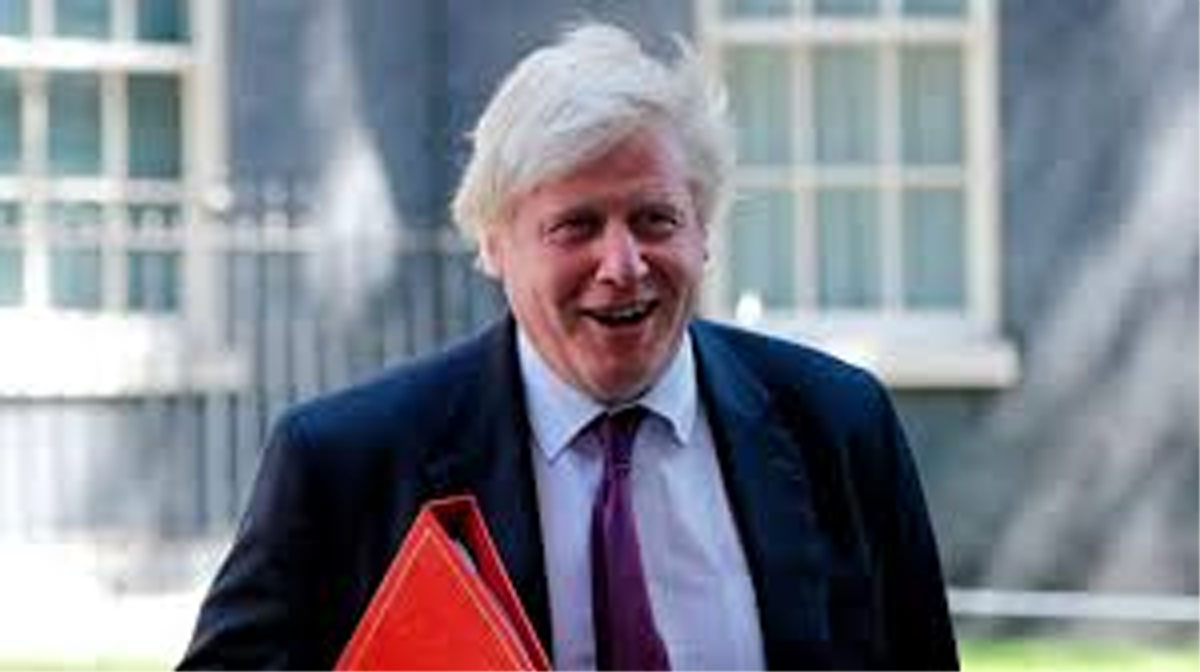LONDON, June 9: Boris Johnson, considered the frontrunner to succeed British Prime Minister Theresa May, said on Saturday he would refuse to pay the country’s Brexit bill until the EU agrees better withdrawal terms.
The former foreign secretary — the leading contender to replace May after her resignation as Conservative leader Friday — also signalled he would scrap a controversial provision for the Irish border contained in the current divorce deal.
“Our friends and partners need to understand that the money is going to be retained until such time as we have greater clarity about the way forward,” he told The Sunday Times.
“In getting a good deal, money is a great solvent and a great lubricant,” Johnson added, in his first newspaper interview since launching his bid to become Britain’s next premier.
May stepped down as Conservative Party leader on Friday and formally triggered the race for a successor — currently being contested by Johnson and 10 other MPs — but will remain prime minister until a new leader is chosen.
The leader of the party, which won the most seats at the last general election in 2017, automatically becomes prime minister.
The battle is expected to conclude by the end of next month, with ex-London mayor Johnson the bookmakers’ favourite.
In a boost to his campaign, several cabinet members this weekend joined a growing number of centrist Tory MPs in declaring they were ready to throw their support behind him.
They included Communities Secretary James Brokenshire, Transport Secretary Chris Grayling and Welsh Secretary Alun Cairns.
Johnson argued Saturday that only he could defeat leftist Labour leader Jeremy Corbyn and anti-EU populist Nigel Farage, whose new Brexit Party has been poaching Tory voters disgruntled at their party’s handling of Brexit.
“This can only be achieved by delivering Brexit as promised on October 31,” he said.
Britain’s departure from the European Union has been delayed twice under May amid parliamentary gridlock over her withdrawal agreement with Brussels, with the end of October the latest deadline.
The so-called Irish backstop provision has proved a key stumbling block in the process.
The arrangement would prevent the return of border checks between the British province of Northern Ireland and the Republic of Ireland if the sides fail to agree a free trade pact at the end of a transition period after Britain leaves the bloc.
Contenders for the Conservative Party leadership have been setting out their visions for Britain’s future relationship with the EU.
But several MPs have also faced questions over their past behaviour.
Michael Gove, one of Johnson’s main rivals for the leadership, faced turmoil in his campaign this weekend after he admitted to using cocaine two decades ago.
The environment secretary said in a newspaper interview it happened “on several occasions at social events” about 20 years ago and that he deeply regretted it.
But the MP faced accusations of hypocrisy for having continually supported tough drug laws.
Meanwhile a former senior drug adviser to the government warned in
The Observer newspaper that the admission could see him barred from entering the United States in the future under its strict anti-drugs immigration laws.
Gove tried to turn the conversation back to policy by using an interview in The Sunday Telegraph to announce he would scrap a key sales tax in Britain if he became prime minister. (AGENCIES)
&&&


